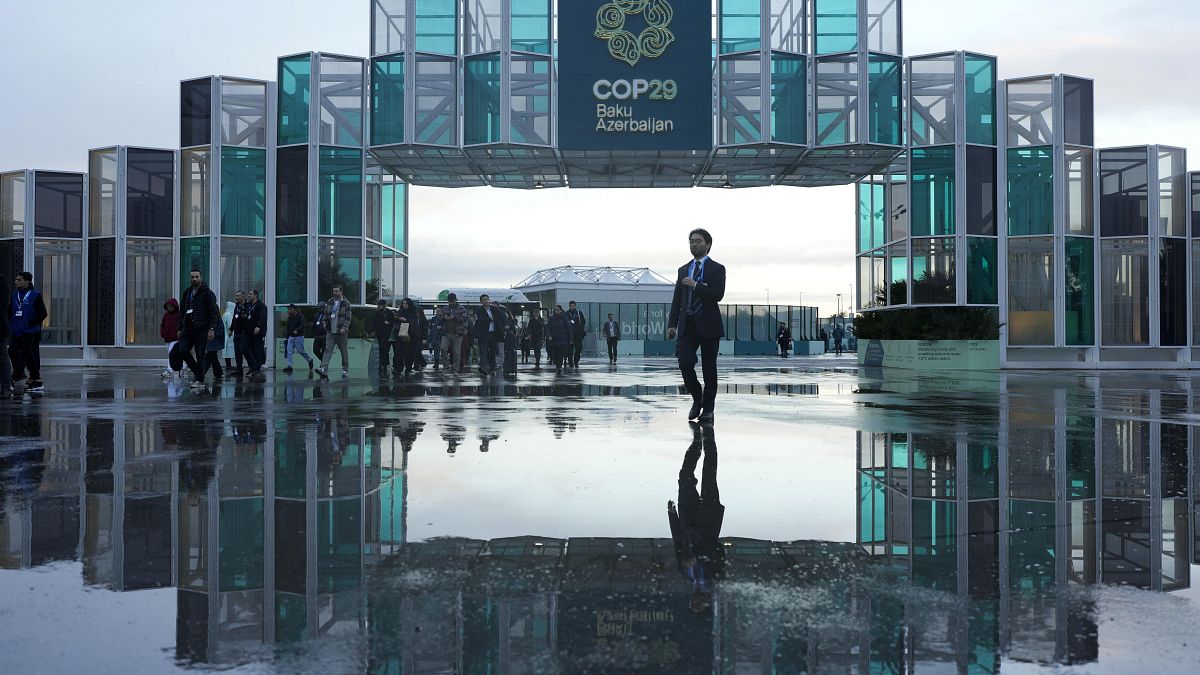Opinion: The National Director of World Vision New Zealand, Grant Bayldon, explains why claims New Zealand has adequate laws to address modern slavery are incorrect.
As calls to address New Zealand’s lack of modern slavery legislation grow, the government minister responsible – Brooke van Velden – has said our existing laws are sufficient.
Sadly, they are not.
The truth is that New Zealand’s legal framework falls woefully short in combatting modern slavery, both domestically and in our supply chains. This is widely recognised, not just by local experts but internationally.
At the recent United Nations review of New Zealand’s human rights record, no fewer than 15 countries recommended that New Zealand strengthen its modern slavery and people-trafficking laws. We ignore that message at our peril.
New Zealand does have a patchwork of laws that cover things like forced labour and human trafficking, but in key areas, these fail to meet international standards – including a glaring omission in the definition of child trafficking.
The legal framework is convoluted, there are gaps, prosecution is difficult, and penalties are often too light. The result is a system that is neither victim-centred nor capable of holding perpetrators accountable.
The minister in charge, Brooke van Velden, said it’s not a priority and existing laws are good enough. (Source: 1News)
Global supply chains and modern slavery
The gaps in addressing the situation domestically grow wider when we turn our attention to products entering New Zealand through our global supply chains.
In 2023 alone, a staggering $8 billion of imported goods were linked to child and forced labour – common forms of modern slavery.
Many of the items we use every day that are in our wardrobes, living rooms and workplaces are tainted by modern slavery. Yet there is no legal obligation for businesses, including our large corporations, to do the most basic checks that the people who made the items they sell are not enslaved to do so.
This makes it almost impossible for Kiwis to have confidence that what we buy and use isn’t supporting slavery.
This “don’t-ask, don’t-tell” approach means New Zealand is out of step with international efforts to eradicate modern slavery in supply chains.
Countries including Australia, the UK, Canada and many EU nations have modern slavery legislation, put in place by governments from across the political spectrum.
Debunking business sentiment myths
It’s been implied that modern slavery legislation lacks business support, but that also doesn’t hold up under scrutiny.
The Ministry of Business, Innovation and Employment’s own consultation process in 2022 showed overwhelming support for modern slavery legislation, not just from the public, but also from businesses.
In fact, the submissions from businesses and business groups highlighted the risk to New Zealand’s international reputation of not legislating to address modern slavery.
They argued that we need legislation to meet the requirements of our free trade agreements. They stated that they need a level playing field for businesses that are doing the right thing. And they repeatedly pointed out that slavery in any form has no place in Kiwi business.
World Vision is calling for modern slavery legislation in New Zealand because we see first-hand the impact of modern slavery in the countries we work in.
Once you’ve met a 12-year-old child who spends his days with industrial-strength solvents and little ventilation or protection, glueing soles onto shoes bound for countries like ours that lack modern slavery laws, it’s hard to argue that this area shouldn’t be a priority.
More people are in modern slavery now than were enslaved at the height of the trans-Atlantic slave trade. Ending this outrage is a cause long overdue.
No matter what our political beliefs, we can agree that people should never be enslaved to make the products in our homes and workplaces.
That’s why 81% of Kiwis support modern slavery legislation, according to Talbot Mills research.
And it is why Prime Minister Christopher Luxon identified modern slavery as the issue he would march in the streets on when he was in opposition. Now we need his government to bring in legislation to make this a reality.
– Grant Bayldon is National Director of World Vision New Zealand.












